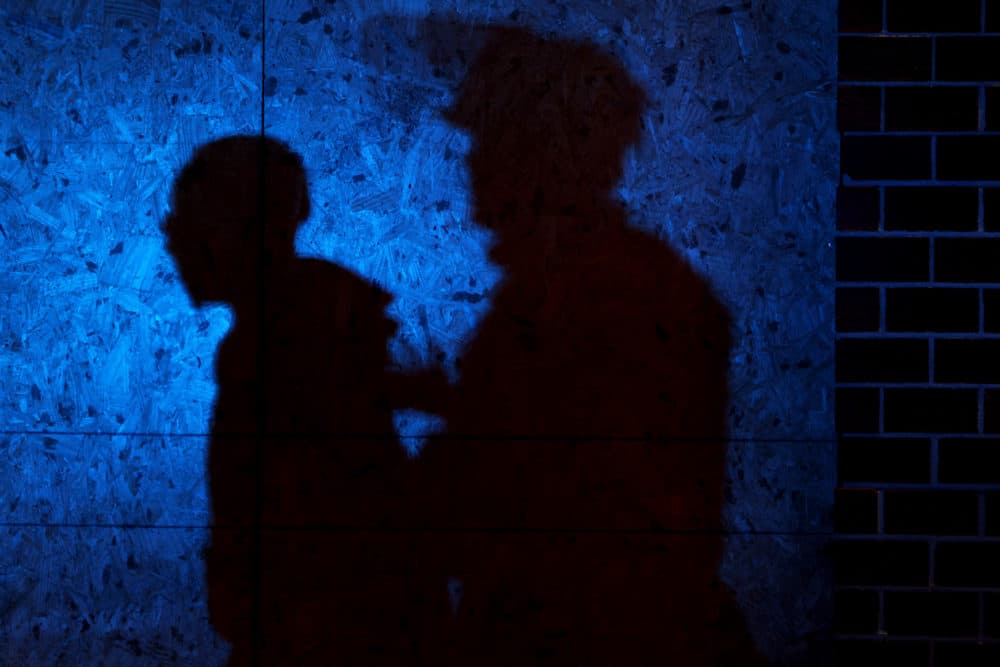Advertisement
'Creating Justice In Real Time' Allows Students To Help Cities Reimagine Policing

The death of George Floyd last summer sparked global protest, but it has not stopped police violence, nor led to a systemic overhaul of policing.
Now, a course at Harvard’s Kennedy School is looking to see that it does. “Creating Justice In Real Time: The Twin Pandemics of Police Brutality and COVID-19” pairs students with governors to work on coronavirus policy or with local mayors to develop police reform.
Professor Cornell William Brooks, former president of the NAACP who teaches the class, says he and colleagues at Harvard wanted to respond to what he calls “a profoundly moral moment.”
The idea was to move beyond recommendations and reports on police brutality and provide “a roadmap for the transformation and reform of policing,” he says. Students looked at improving the overall conditions and training for police officers, but they also focused on improving the overall health and safety of communities.
“The students drilled down into the justice demands of real people,” he says. “In other words, not just handcuffs or tasers, but using things like community programs and education.”
One of those students is Naomi South, a senior at Harvard who worked on a team advising the mayor of Birmingham, Alabama, on police reform. She says the team held listening sessions with community members, church groups and law enforcement to figure out what their needs were when it came to justice and policing.
“It was really more than just us Harvard kids giving them a message,” she says, “and it was more about us listening to their communities and then trying to use our privilege ... to research best practices from around the country and different models that are working well in order to center the voices of the Birmingham residents that we're listening to into these action items.”
South says she and her team focused their recommendations for Birmingham around a “continuum of public health.” They proposed implementing permanent programs for violence prevention, crisis response and treatment.
“We need to move from punishment to a system of public health,” she says. “Instead of just one-off nonprofits or organizations, how can we actually embed these programs into the infrastructure of Birmingham so that these were actual systemic changes?”
Advertisement
Throughout the course of her research, South says she discovered that the majority of Black and Brown people impacted by the carceral system live in the South. And yet, most alternative models of policing and incarceration have been implemented in northern, more liberal cities.
“We also have Black and Brown officers and they are part of the same system that is able to hurt Black and Brown community members, even though they themselves are Black and Brown, because the system of policing is the one that is messed up,” she says. “It is not merely something [that comes] down to bad apples or bad individuals.”
Much of this might sound like defunding the police, but Brooks says this model takes that idea one step further by “investing in those things which serve people well and defunding those things which do not serve people well.”
South says the most important lesson she learned from working with the people of Birmingham is that reimagined policing can become a reality — it just takes a lot of determination to get it right.
“For me, it's that I can and deserve to fight for what I actually believe in, and I also need to do the work to make it happen,” she says. “So this is possible work, but it requires a lot of work.”
Lynn Menegon produced and edited this interview for broadcast with Todd Mundt. Samantha Raphelson adapted it for the web.
This segment aired on March 9, 2021.

